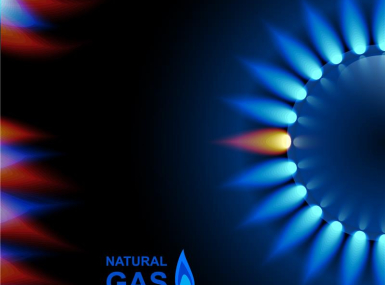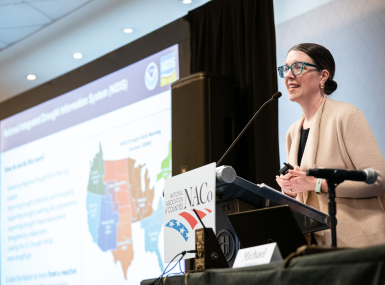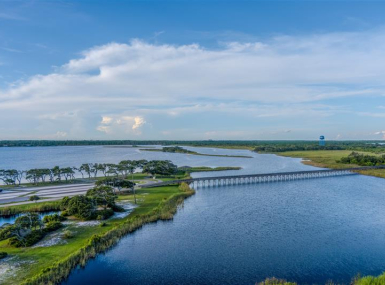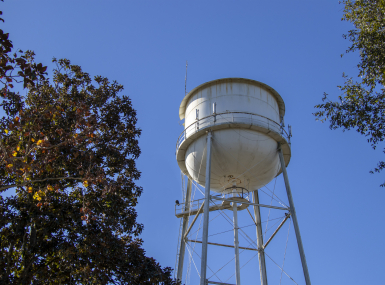SolSmart
SolSmart is a national program that helps cities, towns, counties and regional organizations become solar energy ready

Sections
Until October 2025, the SolSmart program offered free technical assistance to cities, towns, counties and regional organizations to adopt nationally recognized solar best practices that save staff time and money while maintaining safety.
Due to funding changes, this program is not currently offering designation or technical assistance to new communities. Interested in future support or available resources and templates? You can contact SolSmart directly at their website or reach out to a member of NACo's team at Energy@naco.org.
About
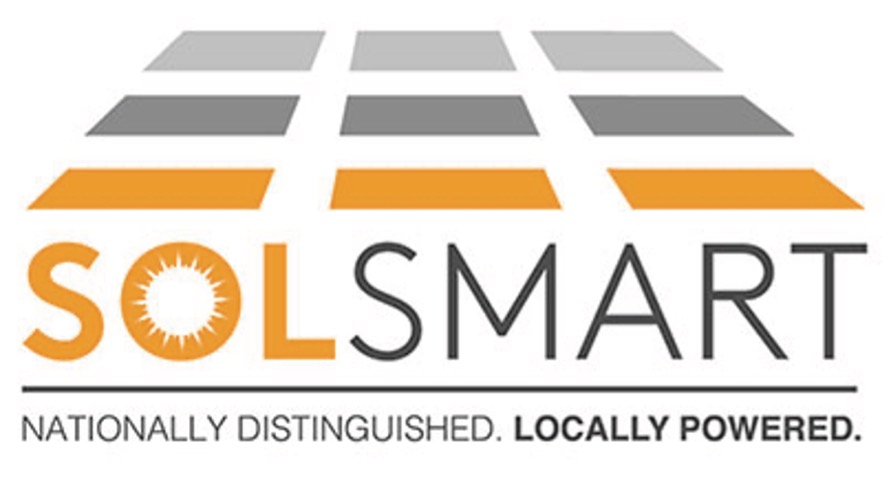
SolSmart helps local governments by providing:
- No-cost technical assistance to expand solar energy use in their jurisdictions; and
- Official recognition for solar achievements, through a SolSmart designation of Platinum, Gold, Silver, or Bronze
By participating in the program, counties will follow national solar best practices that will lead to streamlined and efficient administrative processes, a diversified energy market and lower energy costs. More than 60 counties are participating and have received a SolSmart designation.
NACo is a proud partner of SolSmart, and we look forward to supporting county governments looking to advance solar energy in their jurisdictions.
SolSmart is co-led by the Interstate Renewable Energy Council (IREC) and the International City/County Management Association (ICMA) and funded by the U.S. Department of Energy Solar Energy Technologies Office.
For more information, visit Energy-Ready.org.
Advocacy
Open for Solar Business
Counties across the country are now "open for solar business" thanks to the Department of Energy-funded SolSmart program.

Interim Financial Conflict of Interest Policy
NACo upholds an up-to-date, written and enforced Financial and Organizational Conflict of Interest Policy and Management Plan. This document can be accessed here.
